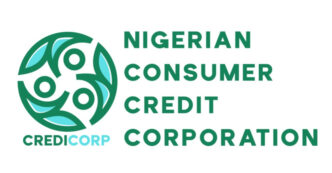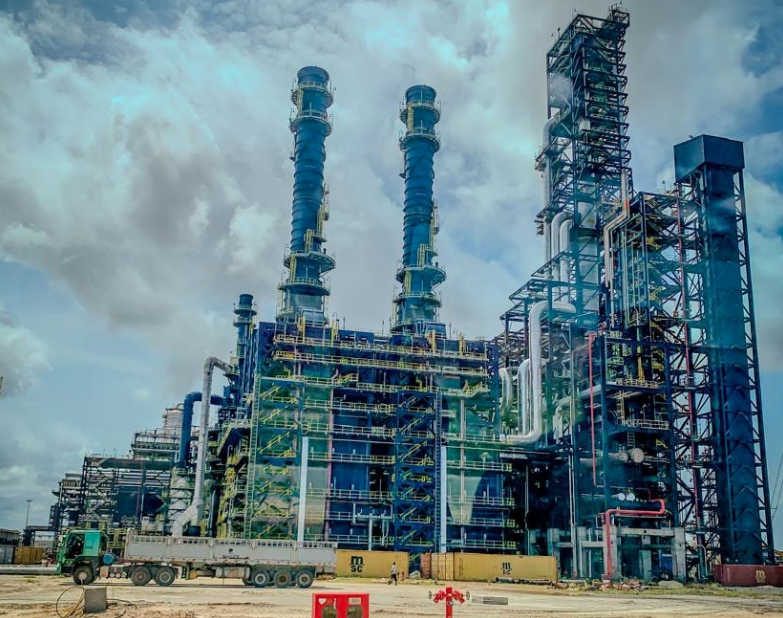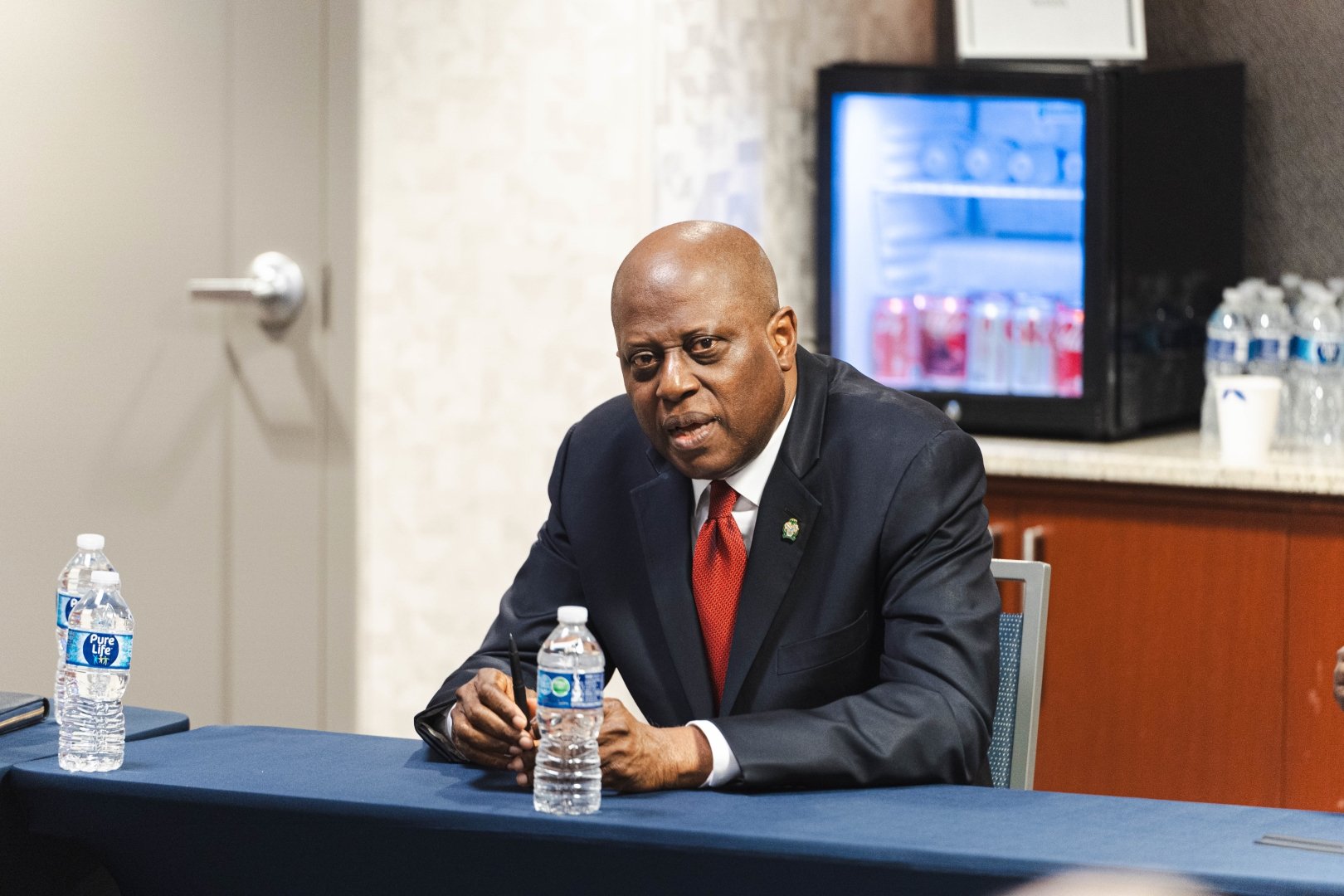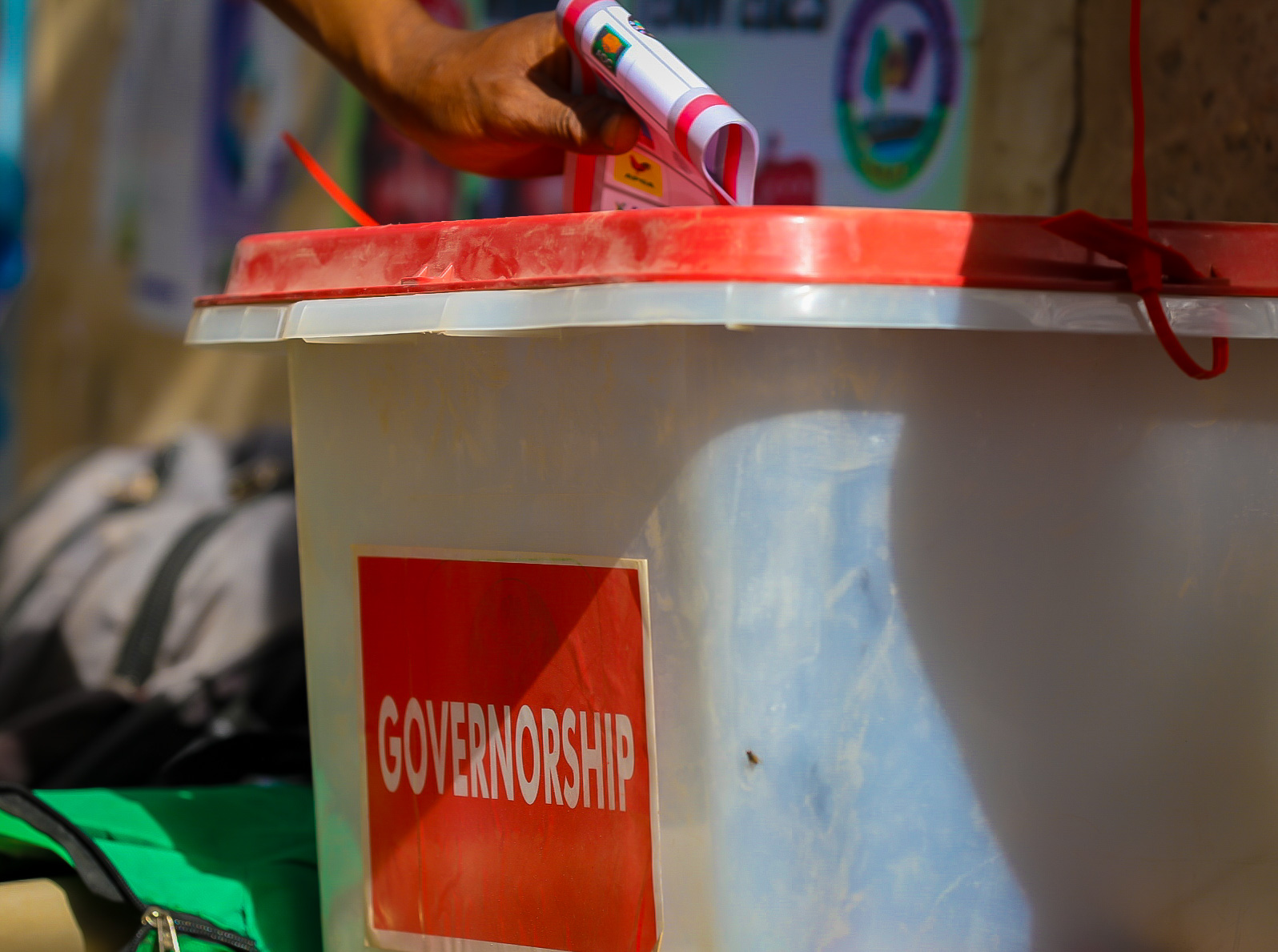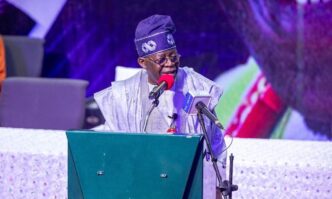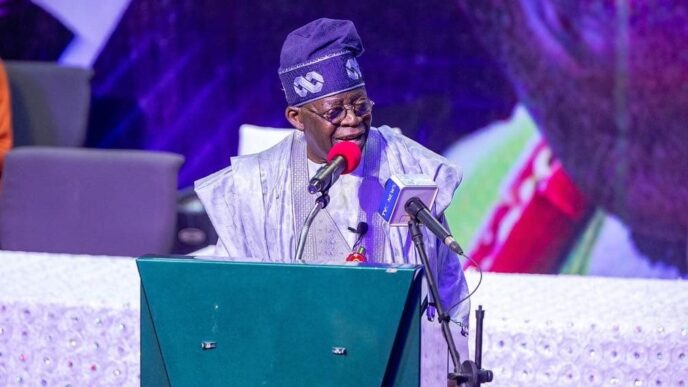Writing on the new Government’s initiative on the Digital Switchover (DSO) on August 28, 2024, we made the following observations on this column: “This has not said much about the place of the signal distributors and Set Top Box manufacturers who were encouraged to invest heavily in the DSO process and have hardly recouped some of their costs… Obviously on this, the Tinubu administration has scored a good goal; but I dare say, the template they have just released needs more dispassionate interrogation to make implementation feasible. This is the only way the nation can harvest the much delayed digital dividend.”
The iPad had hardly found a resting place in the iPad case when the Set Top Box Manufacturers of Nigeria (STBMAN) went to the courts seeking protection for their businesses. This wasn’t unexpected. They had quickly looked at the new configuration and realised, frighteningly, that they were not diagrammed into it.
The story looks simple. The DSO presaged an era of new business opportunities which the government, through the National Broadcasting Commission (NBC), could not handle alone; in fact, could not handle at all, since there has been this cry of government getting out of business for professional business people to handle. The NBC invited broadcast industry and technology experts, and equipment vendors to be part of the template it was putting in place.
Seeing what happened in the telecommunications sector when reforms were introduced in the year 2000, it was not difficult to have enthusiastic participants who were prepared to be poster personalities of the new dawn in the sector, embrace the business. Pinnacle and Integrated Television Services (ITS) were licensed as signal carriers, meaning that they will provide the facilities to carry all the TV signals in the country. It was tantalising to have only two operators become super signal carriers while mainstream broadcasters will have to concentrate on content creation which was expected to attract a lot of talents to the newfound honeypot. Some other companies were licensed as Set Top Box Manufacturers. The game has started. Most of these new operators went to the banks to access loans for their operations and manufacturing concerns. At least one million set top boxes would be needed immediately, to be provided by the manufacturers who were promised two years of exclusive rights to enable them recoup their investments.
Advertisement
The only problem however is that Nigeria never really got the DSO process right. Look at this other case and then judge for yourself. As far back as 2007, the US government, through the Department of Commerce, provided two coupons of $40 each for each household to acquire set top box converters. The function of the box is to convert analogue signals to digital ones. Proper documentation was done in the National Telecommunications and Information Administration Plan which didn’t want any of the estimated 73m TV sets in America to be excluded. The process was nearly seamless.
This is 2024. In our dear nation Nigeria, the process went into hibernation for years and was only reactivated in August when the government allocated a princely sum of N10bn to drive it. The excitement that greeted the development has been blanketed quickly by the response of those who felt excluded, mistreated and caused to lose money after being persuaded to invest in the sector.
A group of applicants under the Incorporated Trustees of the Association of Licensed Set Top Boxes Manufacturers of Nigeria, Gospell Digital Ltd, Digitune Media Technologies, I-Box Engineering, Trefonics Electronics and Tve-RLG Limited had filed an ex-parte motion for the court to make an intervention that could secure their businesses. After hearing the submission of their lawyer, Dr Ruben Atabo, Justice Mustapha Adamu of the Federal High Court, Abuja, barred all parties from interfering with the nation’s transition from analogue to digital transmission.
Advertisement
Apart from other issues raised, one major sore point is the Set Top Box to be used. The one previously stated in the Government’s White Paper to be deployed with contracts awarded to manufacturers, will be replaced by the new hybrid Android/DTH model with data connectivity features as announced in August. This decision that looks innocuous will have telling effects on businesses.
The court, they say, is the last hope of the common man. But these are no common people. This is a government agency, a regulator for that matter, and business operators having a dig at each other. And this is what ails me. This legal battle is a long drawn out one that might spin well into the future. NBC will face frustration in the implementation of the DSO process. The DSO process will suffer in Nigeria. And operators and service providers will have to seek ways to service their bank loans or they will face some consequences that may be too hard for them to bear. From whichever angle the story is told, all the stakeholders are losers. Those who may be hidden beneficiaries at the moment will sooner find themselves in the hall of shame.
If you ask me, I will say this is a fight that is not necessary at all. It’s going to be a messy one and so many things will be washed up. The service providers have their backs to the wall and may be prepared to fight to finish, and this may not be what the nation wants at this time. The new template was too presumptuous and assumptive of too many things as stakeholders engagement seemed to have been negligible.
It is not too late to backtrack. The authorities should call a dispute resolution meeting of all the stakeholders and deal with the matter once and for all. You can’t deal with businesses without engagement with stakeholders. You can’t engage in a nasty fight without giving reasons to other investors to avoid your domain. The DSO is a process with too many implications, one of which could be the shame of international proportions that could come from our inability to execute a simple process the ITU sanctioned since 2006.
Advertisement
Views expressed by contributors are strictly personal and not of TheCable.
Add a comment


